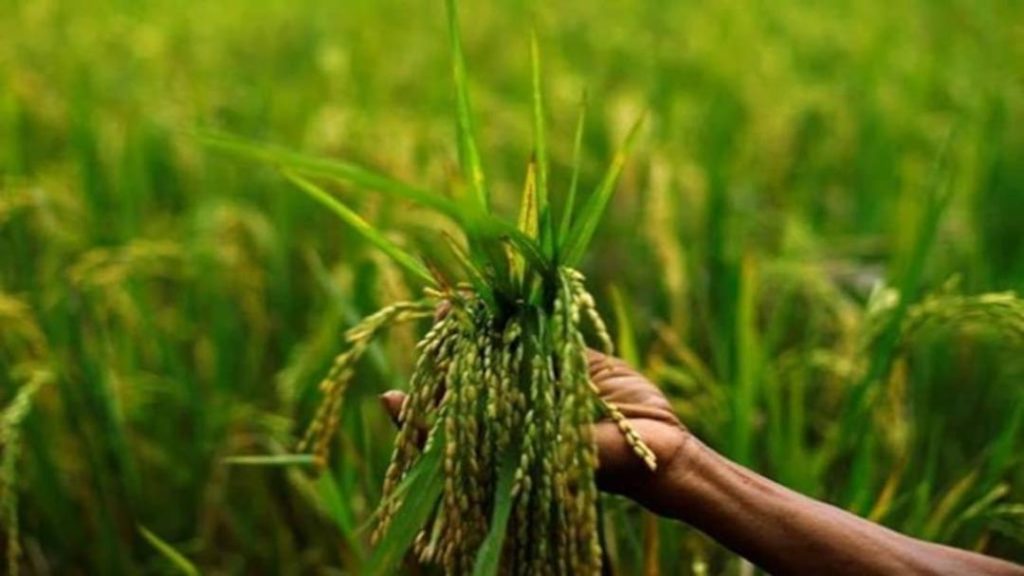
India Cutting Chenab’s Supply Will Increase Water Shortage & Impact Crops, Accepts Pakistan
In a recent development, Pakistan’s Indus River System Authority (IRSA) has accepted that India cutting the Chenab river’s flow after the suspension of the Indus Waters Treaty would increase water shortages across the country. According to IRSA, the move would also impact kharif crops, which are already estimated to face a 21% shortage for the remaining early kharif season. Moreover, water shortage in the late kharif season is estimated to be 7%, as stated by IRSA.
The Indus Waters Treaty was signed in 1960 between India and Pakistan, with the aim of resolving the tension over the sharing of the Indus River and its tributaries. The treaty allocated the waters of the eastern rivers – Sutlej, Beas, and Ravi – to India, while the waters of the western rivers – Indus, Jhelum, and Chenab – were allocated to Pakistan. However, in recent years, tensions have been rising between the two countries over the issue of water sharing, with India’s construction of dam projects on the Chenab river triggering concerns among Pakistanis.
The latest development comes as India’s decision to cut the supply of water from the Chenab river has been met with concerns from Pakistan’s agricultural sector. The Pakistan government has been warning of a severe water shortage in the coming months, which would have a significant impact on the country’s agricultural sector. The country’s agricultural sector is a vital component of its economy, with crops such as cotton, wheat, and rice being major contributors to its GDP.
The IRSA has been warning of a severe water shortage in the coming months, with the country’s reservoirs already running low. In a recent statement, the IRSA said that the water levels in the country’s reservoirs were at a historic low, with the country’s major reservoirs – Tarbela, Mangla, and Kotri – holding only 15% of their capacity. This has led to concerns among farmers that they may not receive the necessary supply of water to irrigate their crops, which could lead to a significant impact on the country’s agricultural sector.
The impact of the water shortage would not only affect the country’s agricultural sector but also its overall economy. The agricultural sector is a vital component of Pakistan’s economy, with crops such as cotton, wheat, and rice being major contributors to its GDP. The sector also provides employment opportunities to millions of people in the country, with many relying on it as their primary source of income.
The news has been met with concerns from farmers across the country, who are worried about the impact of the water shortage on their crops. Many farmers have been warning of a severe shortage of water, which would lead to a significant impact on their crops. The Pakistan government has been trying to mitigate the impact of the water shortage by releasing water from its reservoirs, but many farmers are worried that it may not be enough to meet the demand.
The water shortage has also led to concerns among the country’s farmers about the impact it would have on their livelihoods. Many farmers have been warning of a significant impact on their crops, which would lead to a significant decline in their income. The country’s agricultural sector is already facing significant challenges, including a decline in agricultural productivity and a lack of investment in the sector. The water shortage would only add to these challenges, making it even more difficult for farmers to make a living.
In conclusion, the recent decision by India to cut the supply of water from the Chenab river has been met with concerns from Pakistan’s agricultural sector. The IRSA has accepted that the move would increase water shortages across the country, which would have a significant impact on the country’s agricultural sector. The water shortage would not only affect the country’s agricultural sector but also its overall economy. The Pakistan government must take immediate action to mitigate the impact of the water shortage and ensure that farmers receive the necessary supply of water to irrigate their crops.






